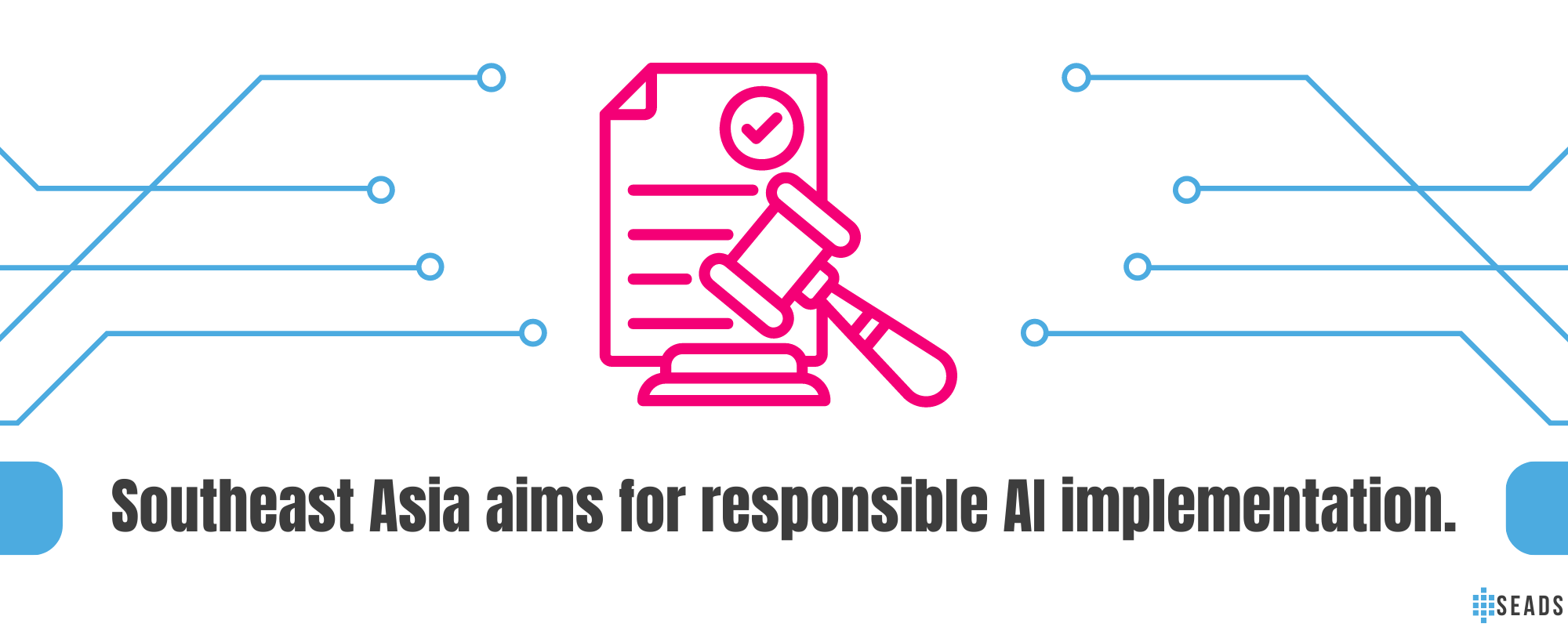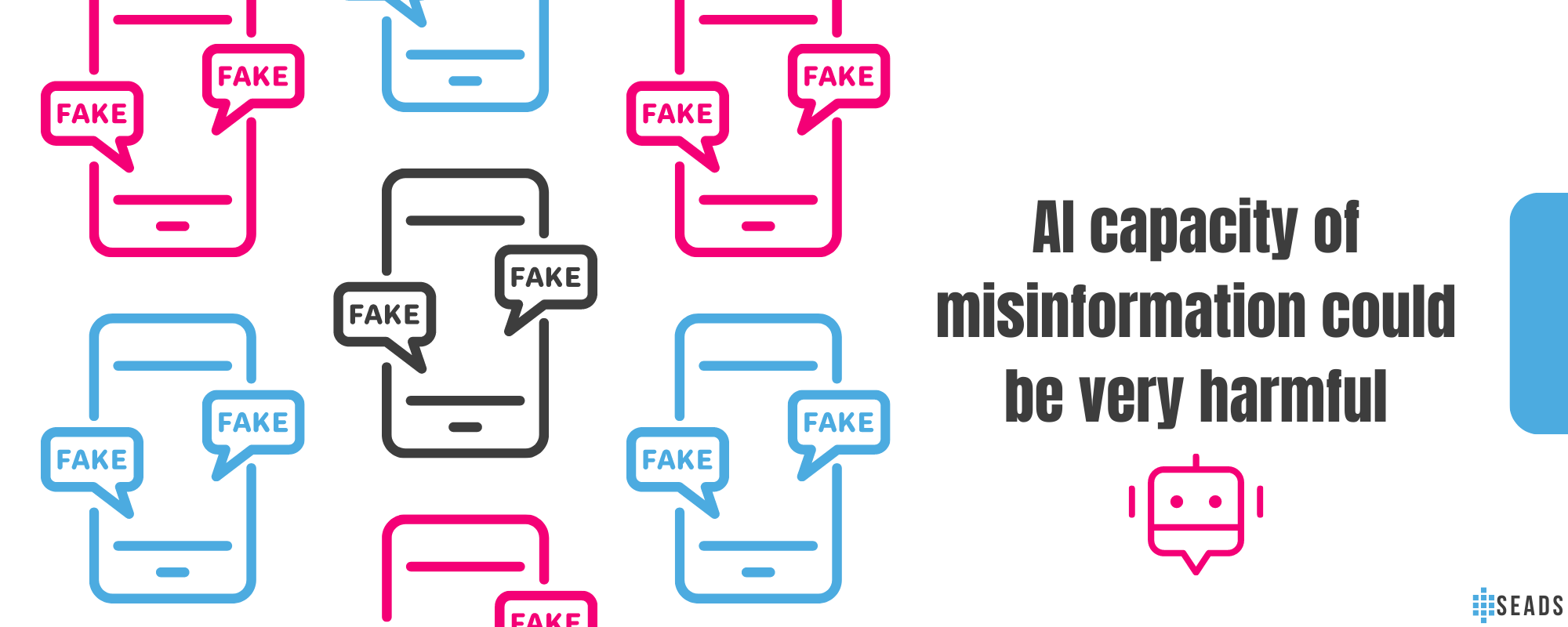In a recent interview conducted by Reuters, five officials revealed that Southeast Asian nations are actively working on establishing rules and regulations for the ethical use of artificial intelligence (AI). These efforts come as regulators worldwide are fast-tracking the process of imposing AI regulations, particularly for generative AI, which has the potential to reshape and impact various industries.

Last February, ministers from the Association of Southeast Asian Nations (ASEAN) acknowledged the critical need to curate an AI guide specific to the region. With a population of 668 million people, Southeast Asia recognizes the importance of fostering responsible AI practices. However, until recently, there were no publicly involved regional policymakers leading the initiative.
Senior officials from Southeast Asian nations have emphasized that the ASEAN Guide on AI Governance and Ethics will address the delicate task of balancing the economic benefits and risks associated with advanced AI technology. They acknowledge the potential of AI to bring about substantial advantages while remaining mindful of the potential risks it poses.
An official, speaking on condition of anonymity, shared with Reuters that they are actively working to finalize the draft of the AI Governance and Ethics guide before the year concludes. This move aims to ensure that Southeast Asia remains at the forefront of responsible AI implementation.
A spokesman for Singapore’s Ministry for Communications and Information announced that in 2024, Singapore will collaborate with other ASEAN states, including Cambodia, Brunei, Malaysia, Indonesia, the Philippines, Laos, Singapore, and Myanmar, to enhance and develop the AI Governance and Ethics guide. This collaborative effort aims to facilitate the regulated implementation of AI technology across the region.
The decision to implement these guidelines has been spurred by similar efforts from the European Union (EU) and the United States. Both entities are on the verge of announcing drafts of voluntary AI codes, with the EU specifically focused on supporting the AI Act. The ASEAN policymakers are cognizant of AI’s potential to spread misinformation and are keen to address this concern proactively.

Singapore’s Infocomm Media Development Authority highlighted the capacity of AI to generate specious or misleading content in one of their research papers. They emphasized the need to ensure that AI technology is deployed responsibly to prevent the dissemination of misleading information.
As Southeast Asian nations band together to establish guidelines for AI ethics and governance, they join the global movement to regulate and harness the potential of AI. With a concerted effort and collaboration, Southeast Asia aims to shape a future where AI technologies are implemented responsibly, benefiting societies and industries while mitigating potential risks.